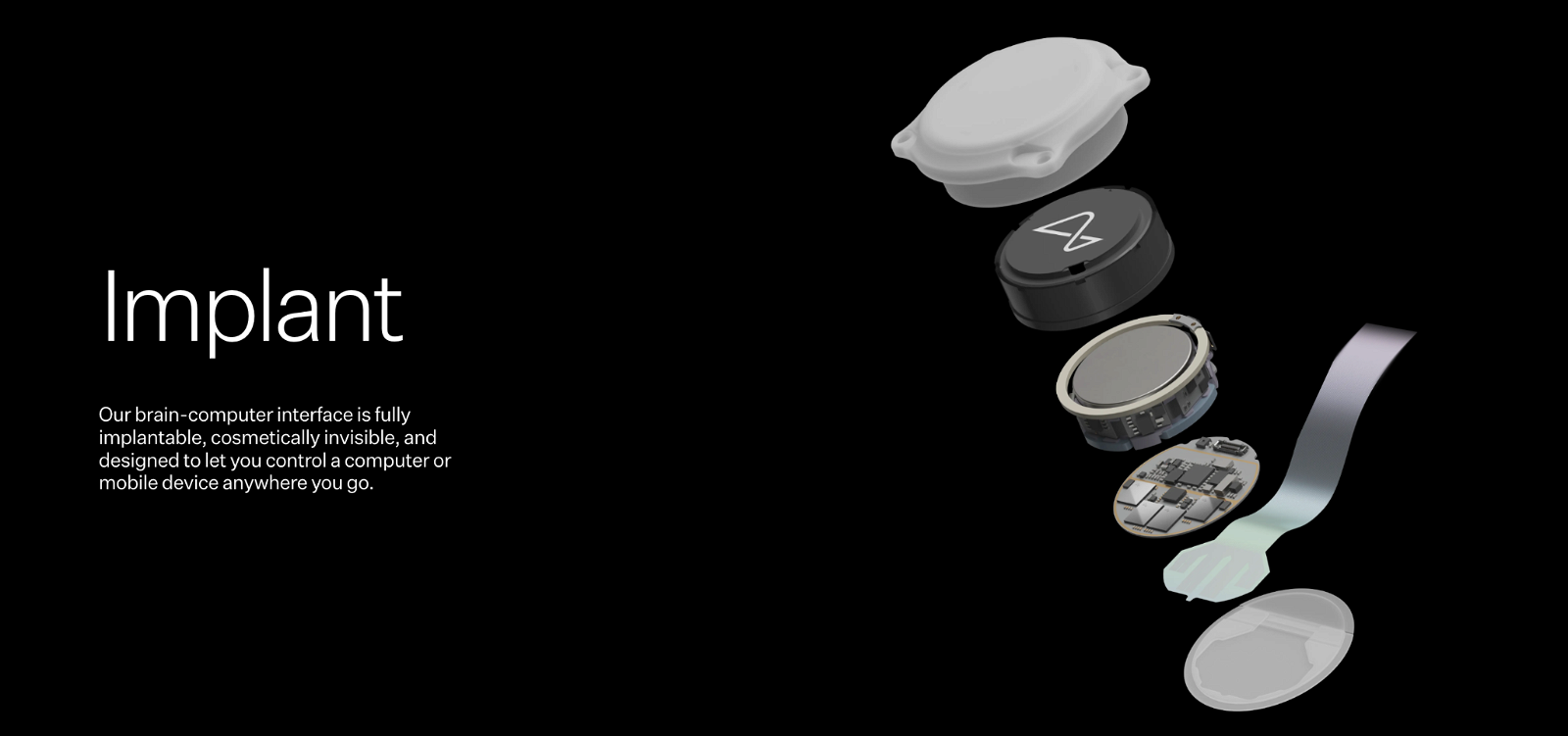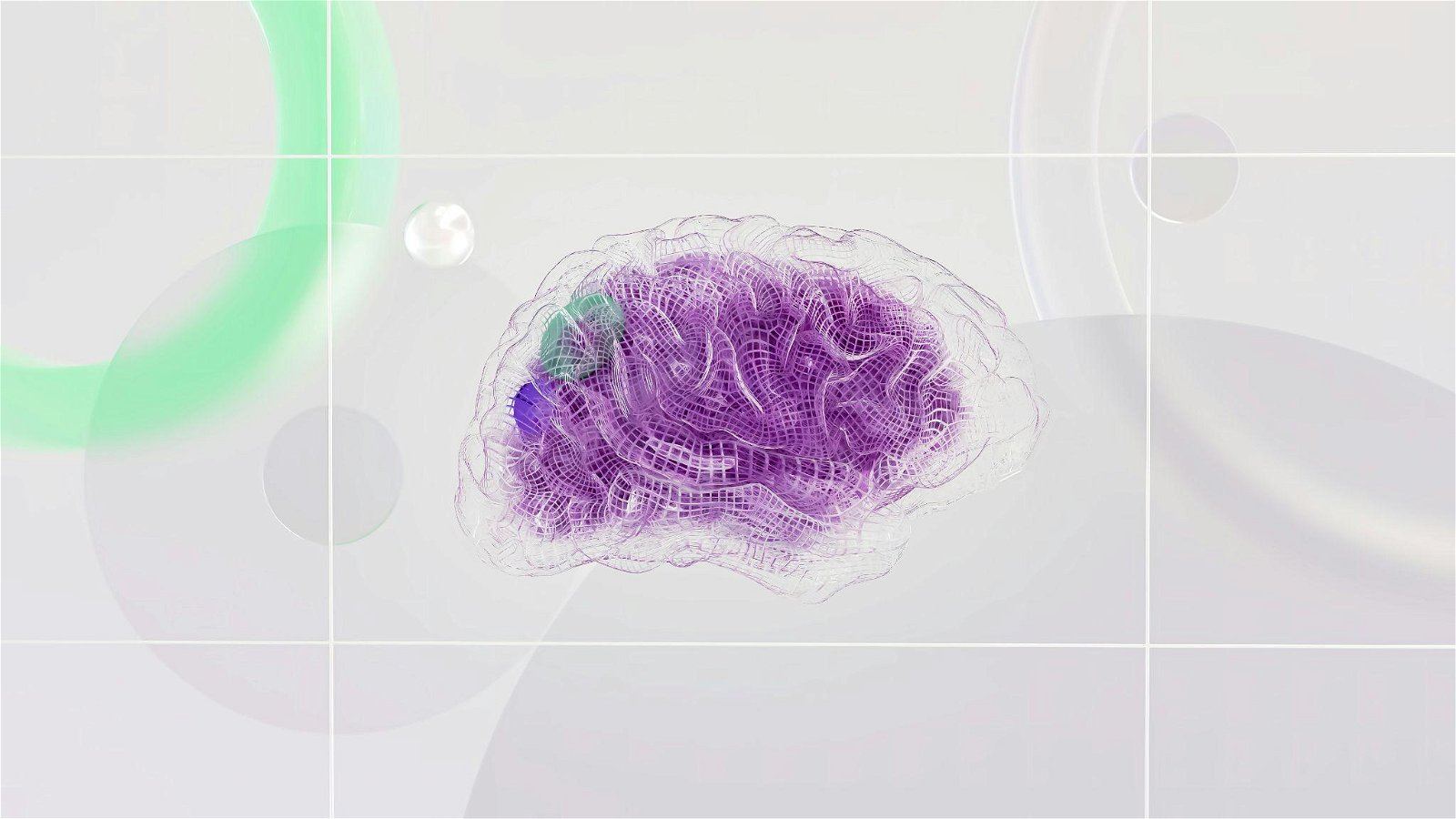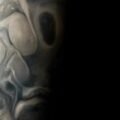Elon Musk and his team at Neuralink have asked the public for help with a challenging issue the company is facing: data compression.
The Neuralink device, roughly the size of a large coin, is surgically implanted into the skull and includes microscopic wires that detect neuron activity and transmit a wireless signal. The company’s current focus is restoring full mobility to the paralyzed and sight to blind or visually impaired patients.


In recent months, Neuralink made groundbreaking advancements in human health and technology by implanting its brain chip in its first human patient. Noland Arbaugh, a 30-year-old quadriplegic who volunteered to receive the technology known as “The Link,” has demonstrated his ability to play video games and chess using only his mind with help from the device.
Such processes result in a fair amount of data crunching, which must occur quickly. Hence, Neuralink recently turned to the public to seek help in solving a challenging data compression problem.
Currently, the Neuralink brain implant generates roughly 200 times more brain data per second than it can currently transmit wirelessly. This is where the general public comes in: the technology company is seeking a new compression algorithm that will allow the technology to transmit this data more efficiently and effectively.
With the launch of the Neuralink Compression Challenge, a simple web page added by the page, marketed towards compression and data experts, states that “the winning solution must also run in real-time and at low power.”
“Neuralink is looking for new approaches to this compression problem and exceptional engineers to work on it.” Experts with potential solutions are being asked to email their solutions to the company, although notably, there appears to be no mention of composition, ownership, or rights mentioned on the public outreach website.
Prospective data-crunching experts start with one hour of raw electrode recordings from a Neuralink implant. The website also hyperlinks to a video of a monkey with a Neuralink implant playing video games.
Central to Neuralink’s potential offering is its wireless data transfer. This differs significantly from earlier versions of brain implants that necessitated bulky wires protruding from the patient’s head to communicate with an external device that read neural signals and translated them into instructions.
“Neuralink’s brainwave signals are compressible at ratios of around 2 to 1 and up to 7 to 1,” Karl Martin, chief technology officer of data science company Integrate.ai, recently told the CBC.
In an email to the Canadian media outlet, he added that 200 to 1 “is far beyond what we expect to be the fundamental limit of possibility.”
Martin explained that the challenge is primarily one of information theory rather than software engineering, the former being constrained by the laws of physics. Overcoming the problem would require an entirely “atypical” breakthrough in the field, redefining how we understand and compress neural signals.
“It’s essentially seeking a miracle,” Martin told the CBC.
The recent data compression problem is only the latest in an ongoing series of challenges Neuralink has faced over the last year. Last Monday, according to sources cited by The Wall Street Journal, three individuals from Elon Musk’s team mentioned a risk of wire retraction, which could potentially displace the sensitive electrodes used to decode brain signals. However, Neuralink concluded that the risk was not substantial enough to require a redesign. This decision was made shortly after U.S. regulators approved the first Neuralink brain implant in 2019.
The Wall Street Journal reported last week that Neuralink plans to address the issue by implanting some of the device’s wires deeper into the brain, citing a person familiar with the company and a document they reviewed.
Neuralink plans to implant its device in a second patient this June. By the end of the year, 10 people are expected to participate in the clinical trials. To date, over 1,000 quadriplegics have registered for the first brain chip implant surgery.
Chrissy Newton is a PR professional and founder of VOCAB Communications. She hosts the Rebelliously Curious podcast, which can be found on The Debrief’s YouTube Channel. Follow her on X: @ChrissyNewton and at chrissynewton.com.

